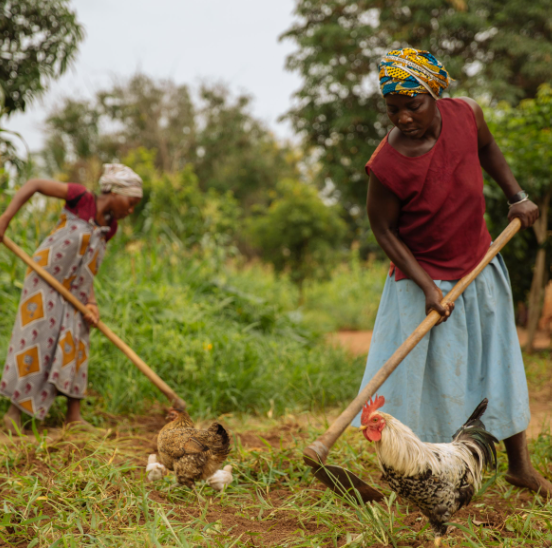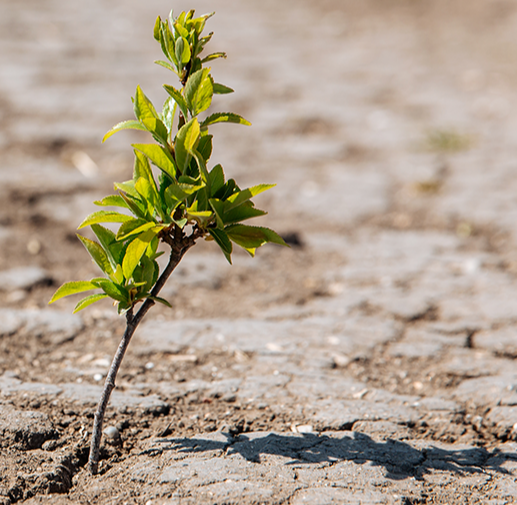Despite the challenges posed by the climate crisis, Africa holds tremendous potential to become the world’s breadbasket. The opportunities and challenges facing Africa’s food systems are immense. The continent possesses 60 per cent of the world’s unused arable land and has the potential to accelerate agricultural productivity by 2 or 3 times. Additionally, Africa has the capacity to create a food market worth USD 1 trillion by 2030. However, it must address the dual challenge of escalating food and nutrition insecurity impacting nearly 300 million people while grappling with the intensifying effects of the climate crisis.
Recognising that agriculture and food systems are major levers for Africa’s green growth, the Green Climate Fund (GCF), in collaboration with the AGRA launched Re-Gain, a groundbreaking regional programme that will support Africa in realising its promise as a food production powerhouse.
Announced at the African Heads of States Food Systems Session at COP28, this initiative will enhance African smallholders’ access to technologies, make food loss reduction solutions more accessible and affordable, and support the creation of enabling environments for transitioning food systems.
With project preparation funding from GCF to support development of the programme, GCF and AGRA will work together in designing and implementing an initiative to leverage over USD 100 million in financing to support the wide scale adoption of food loss solutions, in partnership with the private sector. Already, a group of countries including Burkina Faso, Ethiopia, Kenya, Malawi, Tanzania, Uganda, and Zambia have joined this initiative, and further participation is expected in subsequent phases.
The financial support will enable partners and participating countries to conduct necessary diagnostics and consultations, align programmes with country priorities and climate science, and deliver meaningful impact to African smallholders.
This initiative is on track to become the first project developed through GCF’s pilot Project Specific Assessment Approach (PSAA). PSAA is a new funding modality that aims to streamline and broaden access to GCF resources by working with new partners, countries, and technologies, that have been underserved by the existing GCF Accredited Entity network.
“GCF is proud to partner with AGRA on Re-Gain, which has the potential to transform Africa’s food systems. When implemented, this initiative will mobilise private capital at scale and help lower the cost of innovative solutions to prevent food loss and improve the wellbeing and livelihoods of smallholders, their families, and communities. This is also the first programme to come out of a GCF pilot that expands access to funding for organisations that are not accredited to GCF,” said Mafalda Duarte, GCF Executive Director.
“Underestimating the repercussions of food loss can inadvertently downplay its profound effects on the critical issue of food security. This programme is timely in expediting innovative solutions for the various dimensions of food loss, from post-harvest losses to supply chain inefficiencies at both the national, regional and international levels,” said Dr. Agnes Kalibata, AGRA President.
“Addressing post-harvest losses requires a multi-faceted approach that includes investments in infrastructure, technology dissemination, and the creation of effective market linkages. With proper investment and partnership amongst key stakeholders, it is possible to empower African smallholders, enhance food security, and contribute to the overall economic development of the region,” said H.E. Hailemariam Desalegn, Former Prime Minister of Ethiopia and AGRA Board Chair.
This article was originally published by: AGRA

